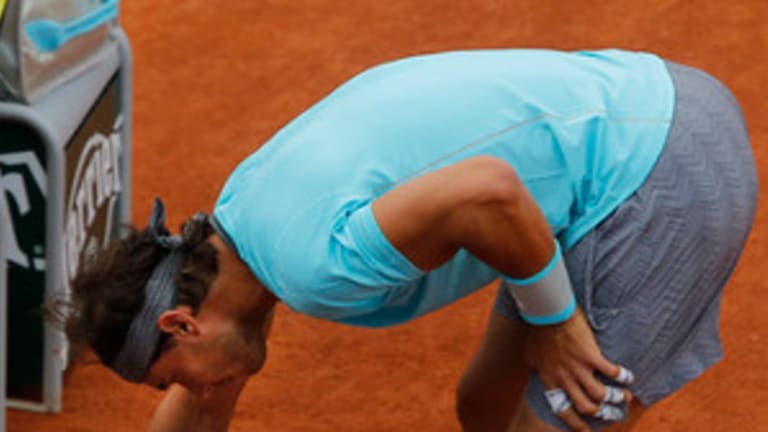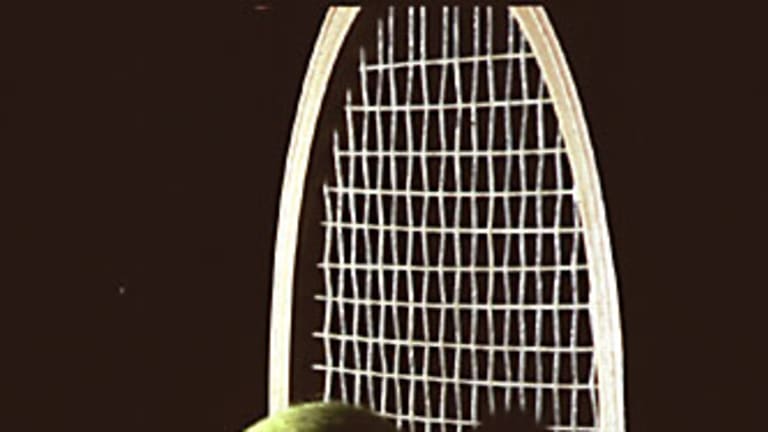“A vast system of control.” What was Mariana Borg talking about when she said these words in 1980? The totalitarian government in her native Romania? No, she was actually referring to something even more all-encompassing: Her husband Bjorn’s superstitions at Wimbledon.
Here’s a short list of highlights:
Wearing the same Fila outfit that he had worn to win the title in 1976; five years later, the Swede was still decked out in the same skin-tight, pinstriped shirt. Staying in the same room, in the same less-than-glamorous Holiday Inn in Hampstead. Sitting on the same chair during changeovers. Riding in the same car, and using exactly the same route, each time he traveled from the hotel to the club—Borg’s coach, Lennart Bergelin, didn’t want the Angelic Assassin to be disturbed by “anything unforeseen.”
Borg's parents, also due to superstition, were only allowed to come watch him at Wimbledon every other year. But they surely understood where their son was coming from. In 1979, Borg’s mother, Margaretha, had been chewing gum in the player’s box during his five-set final against Roscoe Tanner. She finally spat it out, but when Borg lost a game soon after, she picked it up off the floor and stuck it back in her mouth. It’s only crazy if it doesn’t work, they say, and this time it worked. Borg went on to win. Hopefully he thanked his mom later.
Borg’s superstitions are only the most famous in a game that has always been rife with them. Richard Gasquet asks for the same ball after a winning point. Rafael Nadal must have his water bottles perfectly aligned after a changeover, and the baseline clear of clay before he returns serve. Serena Williams has worn the same socks throughout a tournament. Garbine Muguruza said she stuck to the same routine and ate at the same restaurant after every match during her run to the Wimbledon final this year—“We can’t change anything!” she said with a laugh. Last year Jack Sock told the Sydney Morning Herald that, at the 2013 U.S. Open, he wanted both ball kids behind him to have three balls each before he served. “At one point, one had four and the other had two,” Sock said, “and I got broken in that game. So I talked to them to make sure they knew to keep it at three and three.”


